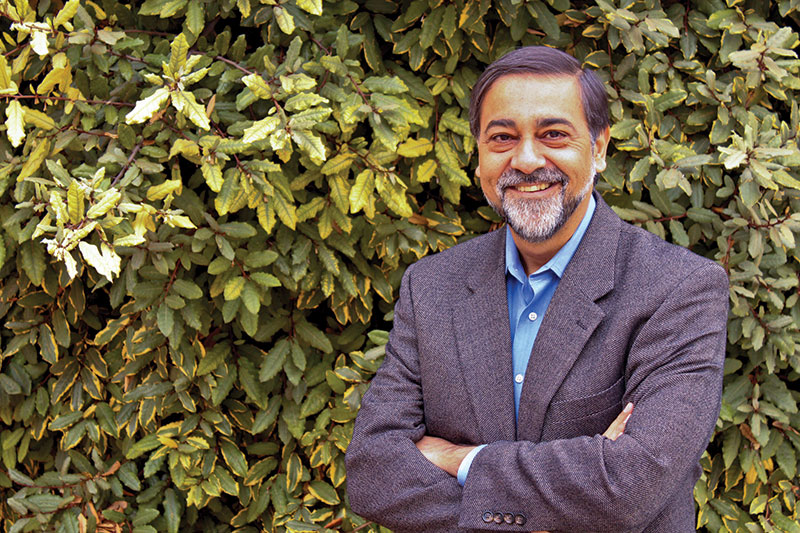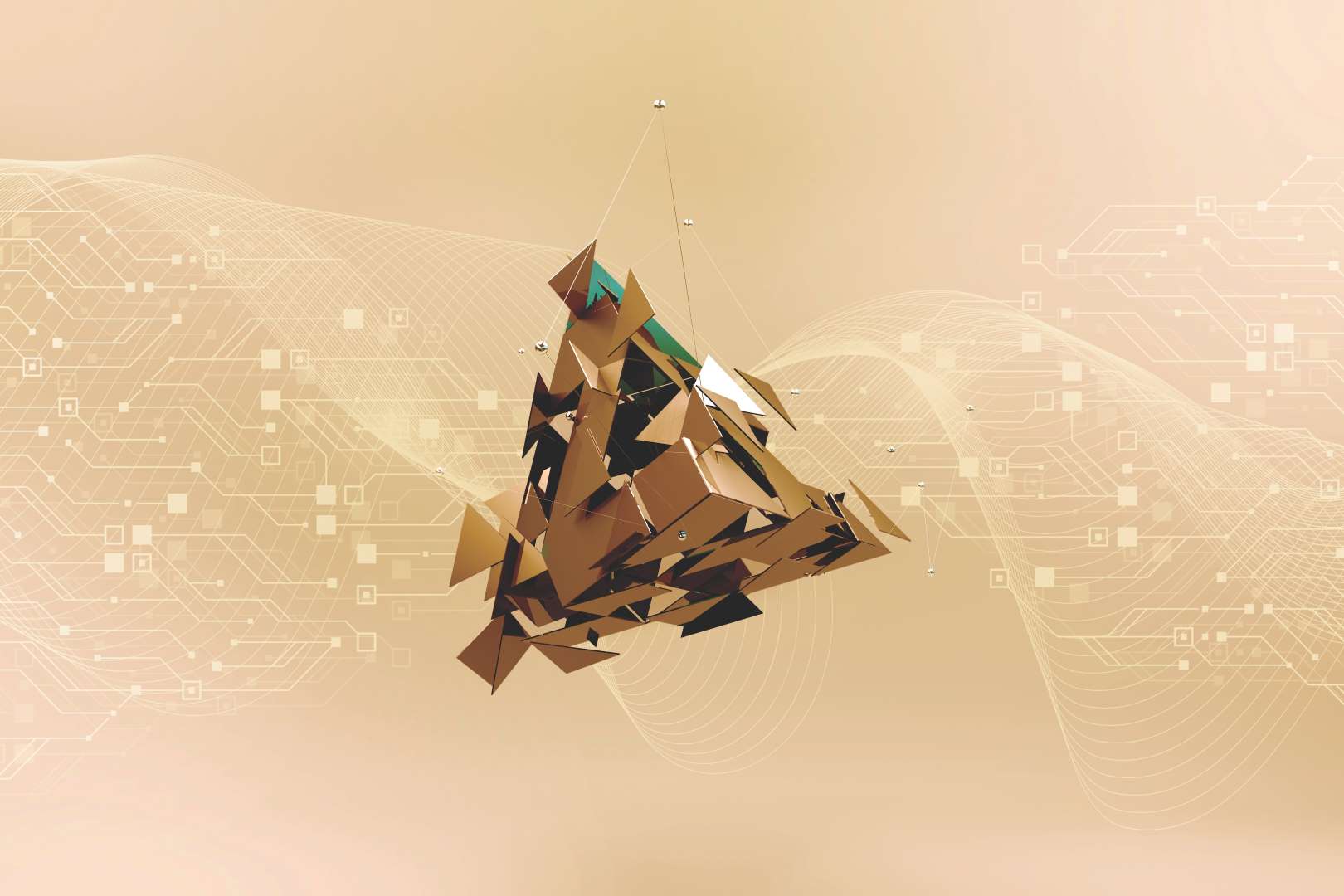The entrepreneurial state can build an AI that works for the world.
What you hear is the sound of humble pie being consumed. Just eight months after OpenAI boss Sam Altman suggested to the world that India was incapable of building a rival to ChatGPT, the world’s most populous nation made a perfect landing on the south pole of the Moon.
The instant Chandrayaan-3 touched down, the West recalibrated. If India could join China and the US in the elite club of lunar rovers, were there any limits on where else it could go? For his part, and to his credit, Altman staged something of a thrust reversal, rolling back on his initial comments. “The right question is what a startup can do that’s never been done before, that will contribute a new thing to the world?” he wrote on social media. “I have no doubt Indian startups can and will do that.”
He is right about that. And one thing that has not been done before is the creation of an AI that is a genuine public good. The existing models are driven by companies, largely in Silicon Valley, that are designed to maximize long-term profit, not enduring social benefit.
India has form on creating world-leading tech for public advantage. Its Unified Payments Interface (UPI) peer-to-peer digital payments system is a government-run system that protects India from market distortion by Big Tech, which wants to control the world’s wallet. UPI has 300 million users. It is one of the most successful payment systems in the world. It is perhaps the best modern-day example of the entrepreneurial state delivering on a grand scale.
So, what’s next? The advent of AI will fundamentally change society and affect almost every human life. Yet existing AI products are dominated by Big Tech, whose priority is itself. Building on the work it has done with massive government-backed tech projects like UPI, India has the credentials to create a ChatGPT competitor that works better for the world, run for public service, not profits.
It also has the opportunity. The code for large language models, such as ChatGPT, is an open book. It is in the wild: unrestrainable and potentially available to all who want it. India should capture it and improve it, using its legion of world-class programmers to create an AI that is public- and community-driven.
When India landed on the south pole of the Moon, Earth noticed. Suddenly, there was a counterbalance to the technological dominance of the US. When India created an industry standard for the Subcontinent with UPI, Big Tech had to fall into line with it, rather than vice versa – which is what happens in America.
The march of AI is a challenge for the world. It threatens even greater dominance by a handful of companies based in Silicon Valley. But Big Tech is worried that its position could be undermined. The millions of dollars it spends lobbying governments to create regulation that prevents innovative startups from challenging its hegemony is testament to that. India has a track record of hitting the bully back – and prevailing.
The prospect of India winning the AI race – to the benefit of the world – is no pipe dream. Its entrepreneurial state is in rude health. And, as Chandrayaan-3 proved, when India shoots for the moon, it rarely misses.




